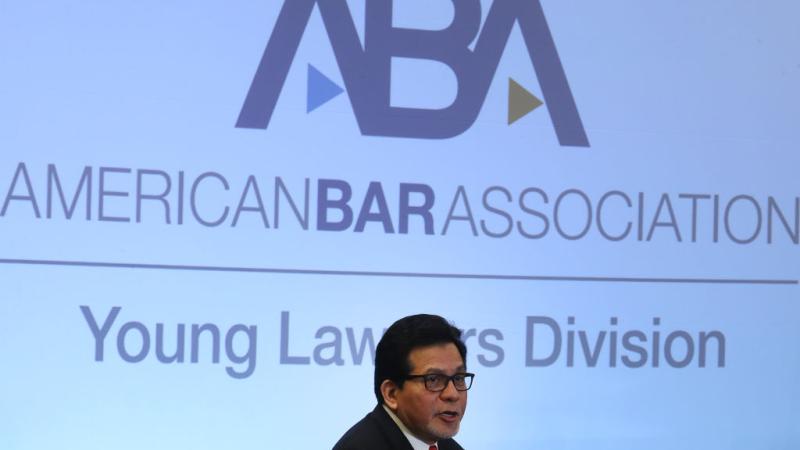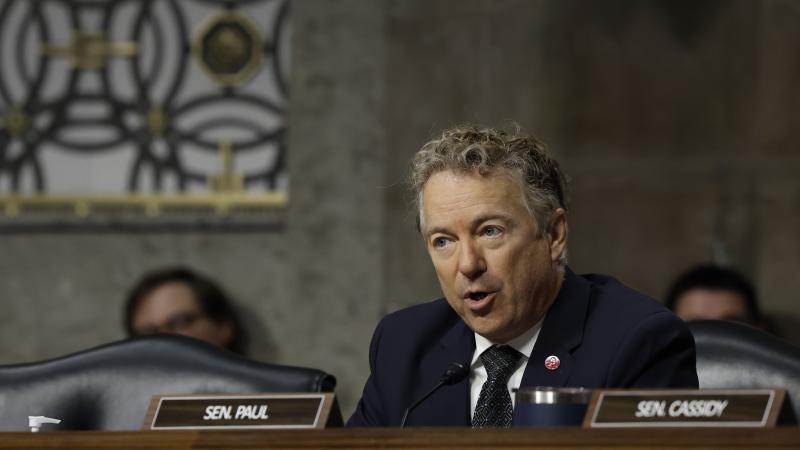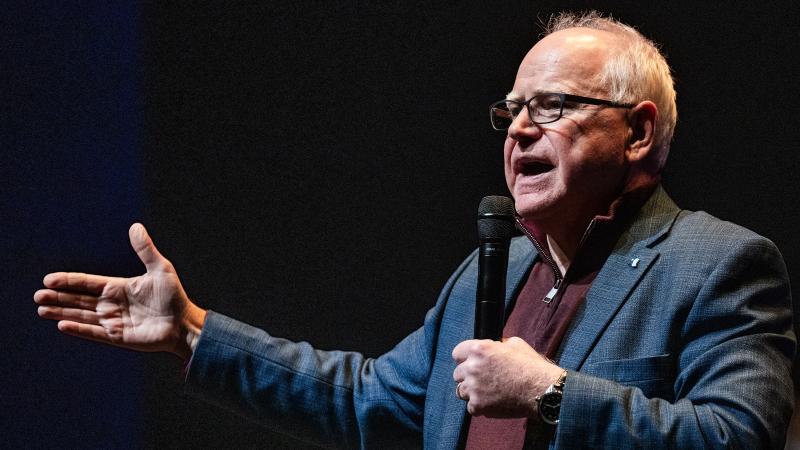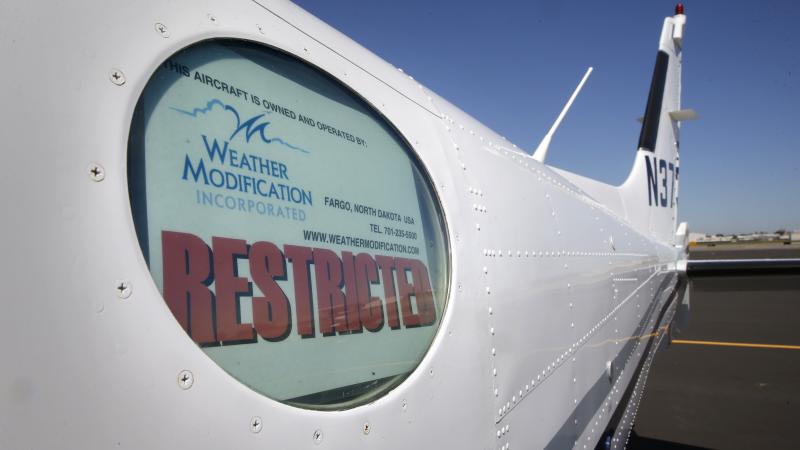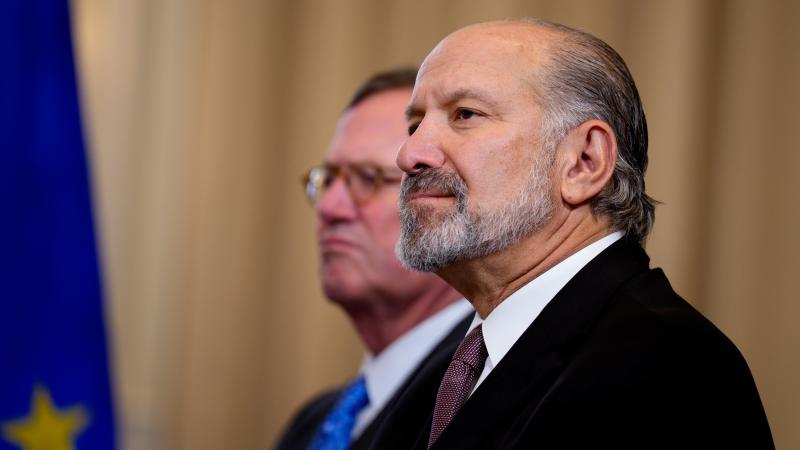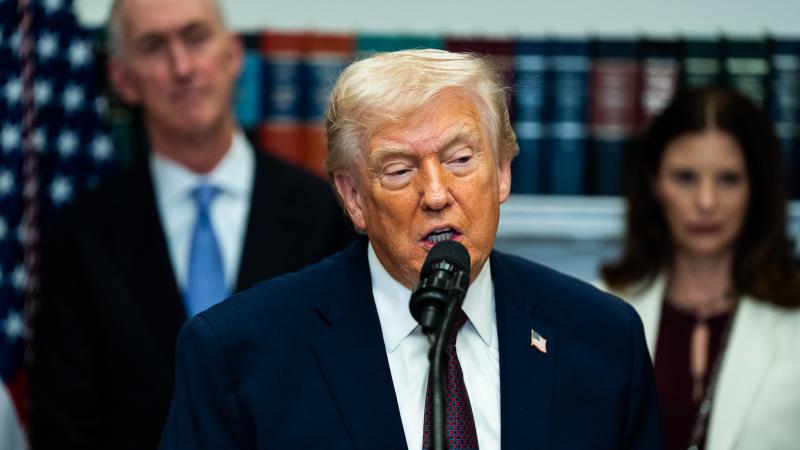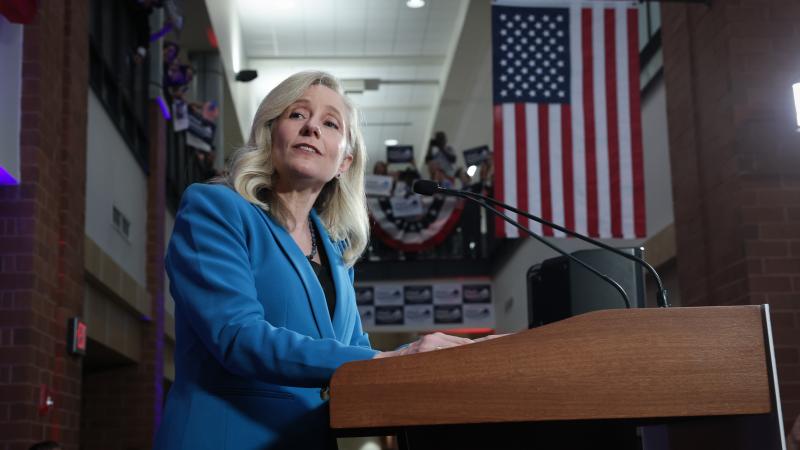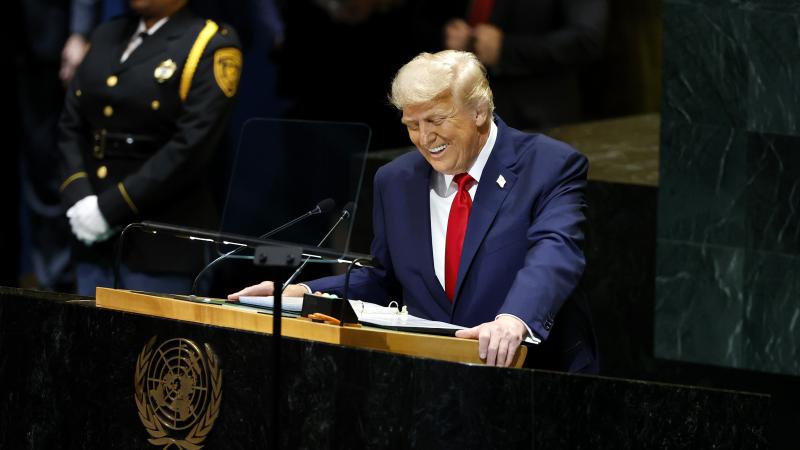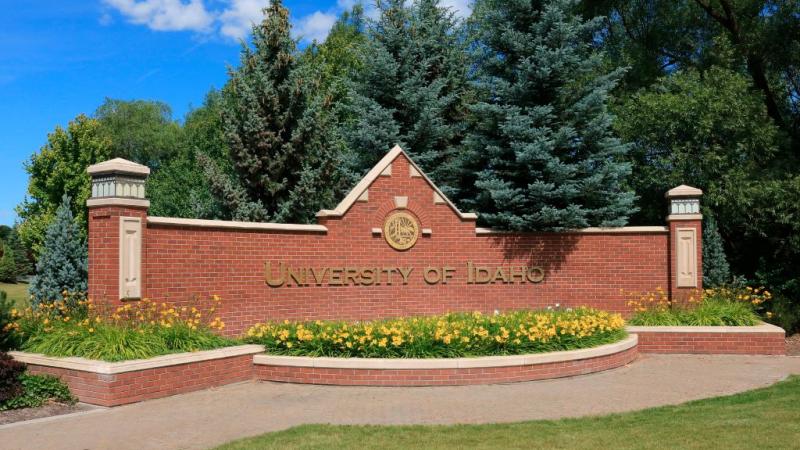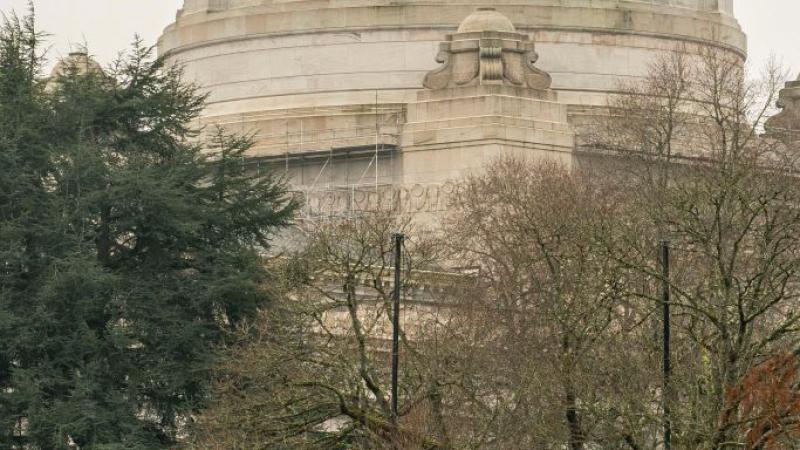Federal judge rules for Musk, X in lawsuit, striking down California AI deepfake law
U.S. District Court Judge John Mendez ruled that a California law violated Section 230 of the federal Communications Decency Act
A federal judge has ruled in favor of Elon Musk and his social media platform X in striking down California's law on AI deepfakes posted ahead of elections.
U.S. District Court Judge John Mendez, appointed by former President George W. Bush, on Tuesday ruled that a California law violated Section 230 of the federal Communications Decency Act, which protects online platforms from liability for posts by third parties on their sites, POLITICO reported.
“They don’t have anything to do with these videos that the state is objecting to,” Mendez said of social media sites like X that allow deepfakes to be posted.
Mendez did not address free speech claims in the lawsuit, saying it was not necessary to strike down the law on Section 230 grounds.
“I’m simply not reaching that issue,” Mendez said.
The lawsuit was brought against the California law by Christopher Kohls, who created a doctored video of former Vice President Kamala Harris ahead of the 2024 election in which she was the Democratic presidential nominee. Musk shared Kohls' video on X, which depicted Harris describing herself as the “ultimate diversity hire.”
After Kohls filed the lawsuit on First Amendment grounds, X, Babylon Bee, and Rumble joined it.
The California law that would have blocked online platforms from hosting deceptive, AI-generated content related to an election in the run-up to the vote, was enacted last year, which Gov. Gavin Newsom (D) signed into law as a rebuke to Musk.
Another California law enacted last year, which was challenged by the same plaintiffs and that Mendez will rule on in the coming weeks, would require labels on digitally altered campaign materials and ads. The judge said that he will overrule that law for violating the First Amendment.
“I think the statute just fails miserably in accomplishing what it would like to do,” Mendez said regarding the second law. “It’s become a censorship law and there is no way that is going to survive."
Tara Gallegos, a spokesperson for Newsom, said that his office was still reviewing the decision, but that they “remain convinced that commonsense labeling requirements for deep fakes are important to maintain the integrity of our elections.”
California Attorney General Rob Bonta’s office said that it was also reviewing the judge’s decisions.
Kohls' lawyer, Theodore Frank, told POLITICO that following the hearing, he would work with Kristin Liska, who argued the case on behalf of the California attorney general’s office, to ensure his client is protected on other sites that were not party to the lawsuit, like Facebook and YouTube.

